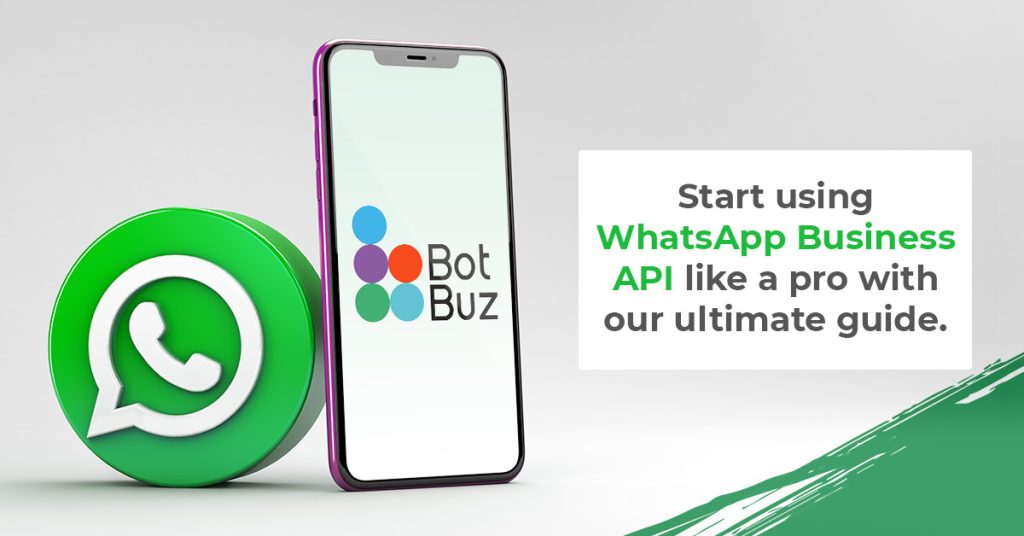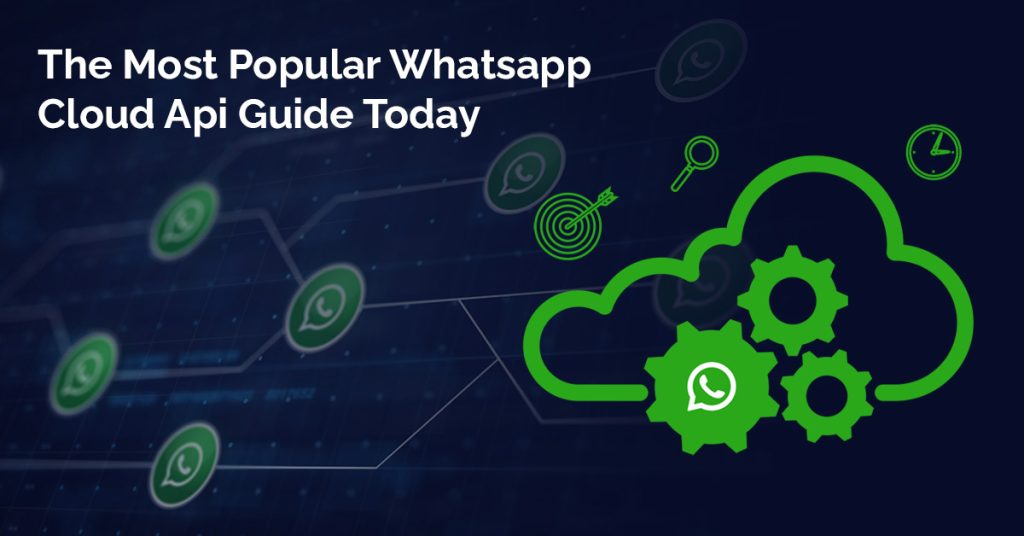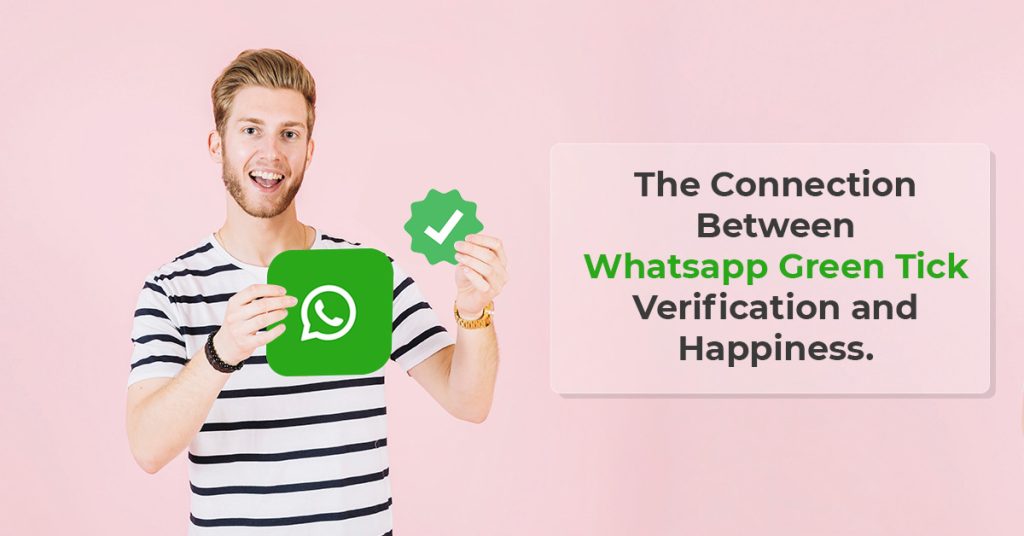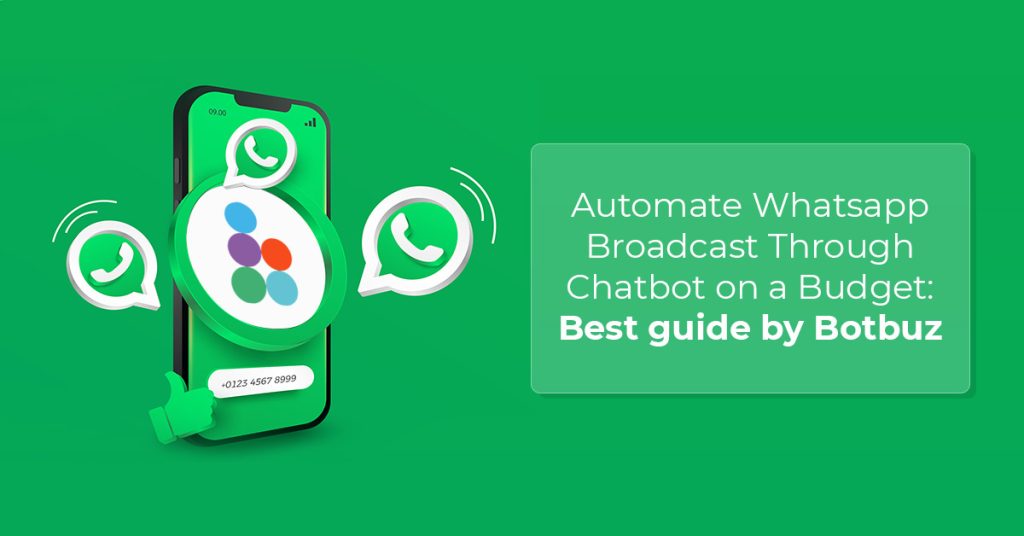- WhatsApp marketing and its effectiveness :
- Understanding Auto Retry in WhatsApp Marketing :
- How Does the Auto Retry Feature Work in Your WhatsApp Marketing Campaign ?
- What is Frequency Capping by Meta ?
- Why Do Businesses Need Auto Retries in Their WhatsApp Marketing Campaigns ?
- Tips to Optimize Auto Retry for Maximum Results :
- Boost WhatsApp Marketing Auto Retry Feature with Botbuz Chatbot :
WhatsApp marketing and its effectiveness :
WhatsApp Marketing involves using the popular messaging app. It helps to connect with customers and promote your business. This can range from sending out mass messages to targeted groups. Thus, creating interactive experiences through chatbots. Its effectiveness stems from high open rates, direct customer reach, and the ability to personalize messages.
Auto-retry is a clever strategy. It involves systems automatically re-attempting actions that have failed. In marketing, this could mean resending messages that didn’t initially deliver due to network issues. It also means trying again if a customer’s form submission encounters problems.
The benefits of auto-retry are numerous. Firstly, it significantly boosts success rates by ensuring messages reach their intended recipients and minimizing data loss. Secondly, it enhances the customer experience by preventing frustrating interruptions and ensuring smooth interactions. Finally, it streamlines operations by automating repetitive tasks. Thus, freeing up valuable time and resources for more important activities.
By incorporating auto-retry into their WhatsApp marketing campaigns, businesses can improve reliability, efficiency, and ultimately, their overall customer satisfaction.
Understanding Auto Retry in WhatsApp Marketing :
Auto-retry is a valuable feature in WhatsApp marketing campaigns. It means that if your initial message fails to deliver to a customer, the system tries to send it again after a short delay. This could happen due to temporary network issues, the recipient’s phone being unavailable, or other unforeseen circumstances.
The importance of auto-retry lies in its ability to significantly improve message delivery rates. By attempting to reach your target audience, you minimize the risk of missed opportunities. Thus, ensuring your marketing efforts have the maximum impact. This not only boosts your campaign’s effectiveness but also enhances the overall customer experience by ensuring they receive important information or offers without any unnecessary delays.
In essence, auto-retry acts as a safeguard. It ensures that your messages reach their destination and your marketing campaigns achieve their desired outcomes.
How Does the Auto Retry Feature Work in Your WhatsApp Marketing Campaign ?
Auto-retry in WhatsApp marketing is a system that automatically resends messages that initially failed to deliver. This happens in a series of steps. First, your message is sent. Then, the system checks if it was successfully delivered. If not, it’s automatically rescheduled for a later attempt, such as 30 minutes or an hour later.
This system adapts based on the reason for the initial delivery failure. For example, if a user temporarily blocked your number, the system might reduce the retry frequency to avoid violating WhatsApp’s policies.
Several scenarios can trigger a retry. It includes temporary network issues on the recipient’s end, their phone being unavailable, brief service outages on WhatsApp’s platform, or technical errors within the WhatsApp API itself.
By implementing auto-retry, businesses can significantly increase the chances of their messages reaching the intended recipients. Thus, maximizing campaign effectiveness and improving customer engagement.
What is Frequency Capping by Meta ?
Meta’s Frequency Capping policy limits the number of marketing messages a WhatsApp user can receive from businesses within a specific timeframe, typically a rolling seven-day period. This policy aims to enhance the user experience by preventing message overload. It ensures a more positive interaction with brands on the platform.
The exact number of messages allowed within this timeframe is not publicly disclosed by Meta. It is designed to prevent users from being bombarded with excessive marketing communications. This policy shift has several implications for businesses. It may reduce the overall reach of marketing campaigns as some messages may not be delivered if a user has already reached their message limit from other brands. This increased competition for message delivery slots emphasizes the need for businesses to prioritize the quality and relevance of their messages.

To navigate these changes, businesses should focus on sending only the most important and valuable messages to their target audience. Optimizing message timing and leveraging user segmentation to ensure highly targeted communication are also crucial strategies. Ultimately, building strong customer relationships through valuable interactions and personalized communication will be key to success in the evolving landscape of WhatsApp marketing.
Why Do Businesses Need Auto Retries in Their WhatsApp Marketing Campaigns ?
Auto-retries are a crucial component of successful WhatsApp marketing campaigns. They ensure that messages reach the widest possible audience by automatically rescheduling delivery attempts for messages that initially failed. This minimizes wasted effort and maximizes the return on investment for marketing campaigns.
For businesses, auto-retries are vital for delivering critical messages to customers. Time-sensitive information like order confirmations, delivery updates, and appointment reminders require timely delivery to ensure a smooth customer experience. Auto-retries help guarantee that these crucial messages reach their intended recipients, even if initial delivery attempts were unsuccessful.
Furthermore, auto-retries contribute to cost-effectiveness. By minimizing message loss due to initial delivery failures, businesses avoid wasting marketing budgets and resources. Optimized retry strategies, such as carefully scheduling retry attempts. It can further minimize unnecessary retries, leading to significant cost savings in the long run.
Benefits of Auto Retry for WhatsApp Campaigns :
Auto-retry offers several key benefits for WhatsApp marketing campaigns :
Ensures Higher Message Delivery Rates : By automatically rescheduling failed delivery attempts, auto-retry significantly increases the likelihood of your messages reaching the intended recipients. This maximizes the reach of your campaigns and ensures your messages are seen by the target audience.
Minimizes Campaign Dropouts : When messages fail to deliver, it can lead to incomplete campaigns. Sometimes also a loss of potential customers. Auto-retry minimizes these dropouts. It ensures that messages have multiple opportunities to reach their destination.
Reduces Customer Frustration : Failed message deliveries can frustrate customers. It is especially for time-sensitive information like order updates or appointment reminders. Auto-retry minimizes this frustration by ensuring that crucial messages eventually reach the customer, improving their overall experience.
Boosts Overall Engagement and Conversions : When more messages reach their intended recipients, it increases the chances of customer engagement. This can lead to higher click-through rates. It increases conversions, and ultimately, a stronger return on investment for your WhatsApp marketing efforts.
Features to Look for in Auto Retry Tools for WhatsApp Marketing :
When evaluating chatbots for auto-retry in WhatsApp marketing, several key features are crucial. Firstly, the chatbot should possess sophisticated retry logic. This includes customizable retry intervals. It allows businesses to tailor the timing of retries based on message urgency and delivery failures. Ideally, the chatbot should go beyond simple time intervals. It should analyze delivery failures to intelligently adjust retry schedules. Setting limits on retry attempts is also essential to prevent excessive messaging and potential user annoyance.
Secondly, robust analytics and monitoring capabilities are vital. The chatbot should provide real-time data on message delivery success rates, failed delivery reasons, and the effectiveness of retry strategies. Comprehensive reports and an intuitive dashboard make it easy to analyze performance. It identifies areas for improvement, and makes informed decisions.
Thirdly, seamless integration is crucial. The chatbot should seamlessly integrate with the WhatsApp Business API. It also integrates with other essential business tools like CRMs and marketing automation platforms. This ensures smooth workflows, improved data synchronization, and a holistic view of customer interactions.
Finally, user-friendliness is paramount. The chatbot should be easy to set up and configure with intuitive interfaces and clear instructions. It should also be scalable to handle increasing message volumes as your business grows. By carefully considering these features, businesses can select a chatbot that effectively leverages auto-retry to maximize the reach and impact of their WhatsApp marketing campaigns while ensuring a positive user experience.
Common Challenges with Auto Retry and How to Overcome Them :
Auto-retry in WhatsApp marketing, while beneficial, presents several challenges that businesses need to address.
Firstly, managing message queues effectively is critical. A poorly managed queue can lead to delays, message duplication, and even data loss. Implementing a robust system with features like deduplication, prioritization, and order preservation is crucial.
Secondly, excessive retries can be perceived as spam. It potentially leads to penalties from WhatsApp or user complaints. To mitigate this risk, businesses should implement intelligent retry logic. It considers user behaviour and delivery status. Respecting user preferences and avoiding retries for blocked users or those who have opted out is essential.
Finally, ensuring smooth integration with existing tools like CRMs and marketing automation platforms can be complex. Choosing tools with well-documented APIs and robust integration capabilities, and thoroughly testing these integrations, is crucial to avoid data inconsistencies and ensure seamless workflows.
Tips to Optimize Auto Retry for Maximum Results :
To truly optimize auto-retry for maximum results, businesses need to go beyond basic implementation. Combining auto-retry with other powerful WhatsApp features is key. Utilizing pre-approved templates for time-sensitive messages like order confirmations streamlines the process and improves delivery rates.
Incorporating interactive elements like buttons and quick replies enhances user engagement. It can also positively impact message delivery. Regularly analyzing message delivery reports provides valuable insights into campaign performance. It allows businesses to identify areas for improvement and refine their retry strategies.
Furthermore, segmenting your audience is crucial. Tailor messages and retry strategies to specific customer segments based on factors like demographics, purchase history, and engagement levels. It ensures greater relevance and maximizes engagement. Prioritizing retries for high-value customers or those who have previously engaged with your messages can significantly improve campaign effectiveness.
Finally, continuous review and adjustment of retry strategies are essential. Regularly monitor campaign performance, analyze delivery rates, and identify patterns in message failures. It allows businesses to make data-driven decisions and optimize their retry intervals, limits, and other parameters.
Boost WhatsApp Marketing Auto Retry Feature with Botbuz Chatbot :
BotBuz, as a chatbot platform, likely offers features to support auto-retry in your WhatsApp marketing campaigns. This means it can automatically re-send messages that initially failed to deliver due to various reasons like network issues or the recipient’s phone being unavailable.
Key features that BotBuz might offer for auto-retry include :
Flexible Retry Scheduling : You can likely define custom time intervals between each retry attempt. This allows you to tailor the strategy, such as setting shorter intervals for urgent messages like order confirmations and longer intervals for less critical marketing updates.
Intelligent Retry Logic : While the level of “intelligence” may vary, BotBuz might be able to adapt retry schedules based on past delivery attempts. For instance, if a message consistently fails to deliver to a specific contact, it might temporarily suspend retries to avoid overwhelming the user or potentially violating WhatsApp’s terms of service.
Robust Analytics and Monitoring : BotBuz should provide real-time data on message delivery success rates, failed delivery reasons, and the effectiveness of your retry strategies. This data, presented through a user-friendly dashboard, helps you analyze trends. It identifies areas for improvement, and makes informed decisions to optimize your campaigns.
Seamless Integration : The platform should seamlessly integrate with the WhatsApp Business API and other essential business tools like CRMs and marketing automation platforms. This ensures smooth workflows, improved data synchronization, and a holistic view of customer interactions.
User-Friendliness : BotBuz should be easy to use with an intuitive interface for setting up and configuring auto-retry rules. Clear documentation and tutorials should be readily available to assist users.
Conclusion :
Auto-retry is a crucial component of a successful WhatsApp marketing strategy. By intelligently re-attempting message delivery, businesses can significantly increase reach. It minimizes message wastage and ensures important information reaches customers. Implementing auto-retry effectively requires careful consideration of factors like retry intervals, message types, and user behaviour.
Chatbots can play a vital role in automating and optimizing auto-retry processes. By leveraging features like customizable retry schedules, intelligent retry logic, robust analytics, and seamless integrations, businesses can streamline their operations, improve message delivery rates, and enhance the overall customer experience.
However, it’s crucial to use auto-retry responsibly. Avoid excessive retries that could annoy users or violate WhatsApp’s terms of service. Prioritize user experience and ensure your retry strategies comply with all relevant regulations. By carefully implementing and optimizing auto-retry within your WhatsApp marketing strategy, businesses can maximize their return on investment. It builds stronger customer relationships, and achieves greater success in the competitive digital landscape.




